Lisa: It's a beautiful piece.
At the beginning of this Zoom, you just held for a minute because there were air raid sirens going off. How often are air raid sirens going off at this point?
Alem: Now that Russia has started its targeted attacks at Ukraine's energy and electricity infrastructure, we're hearing a lot more of these air raid sirens.
Lisa: And you've mentioned in the past that the kamikaze drones—this was a couple weeks back at least—hit a playground nearby.
Alem: Yes. So this was the day after our production actually. Right as the play started, the air raid sirens went off. We didn't go into the bomb shelter. We've already started; we're just going to continue with it. And at that point, Kyiv hadn't been hit for a very, very long time. So things had been normalized. There's air raid sirens going and no one's going to the bomb shelters. Everyone's sitting outside and drinking their coffee. And quite literally the next day was the first time that the rockets hit Kyiv since beginning of the full-scale war.
And it wasn't too far from our theatre either. First, it hit the intersection in front of one of the main universities in Kyiv. Then, ten seconds later, it hit the other side of the park where the children's playground was. And this is my childhood park. This is my favorite park in Kyiv. That week leading up to it, I was in that park every single day because it's beautiful in the fall.
I’ve seen photos of kids playing around in these burnt tanks that were left by the Russians, so it's like how life adapts to the new situation.
I think one of the reasons this war is happening is that it's in our identity to fight for freedom with our willpower and democracy.
Lisa: You speak so beautifully about the reality of what you're living and what you as artists are doing to share these important stories.
Are there specific realities you'd like those of us in the United States to know about?
Alem: There's a lot of disinformation online—manipulation and twisting of stories to control the narrative.
This documentary play is going to be completely without any manipulation. There’s nothing political about it. It's telling you the true accounts of why. It might help people understand why Ukraine needs help from the West and why Ukraine needs help from the United States, because that help is going to save these people. There's no proxy war. This isn't a war between Russia and the United States. It's nothing to do with NATO.
I do the work that I do because I don't want people to view Ukraine only through the lens of trauma and war, but through the facts that we're creative, we're incredibly brave, we're resilient, and it's inspiring. I'm constantly inspired, and I want those in the United States to also feel that way. I think one of the reasons this war is happening is that it's in our identity to fight for freedom with our willpower and democracy. And I think that's something the United States really needs right now, that energy and that motivation to take their current political reality into their own hands and fight for their future.
And Ukrainians were successful. We were doing that, and that's the reason why Russia was threatened, They understood that Ukraine is successfully fighting and progressing and developing into a truly free democracy, and that's a threat.
It would be great for Americans to meet Ukrainians as the way that they are. As resilient, brave, and inspirational people.

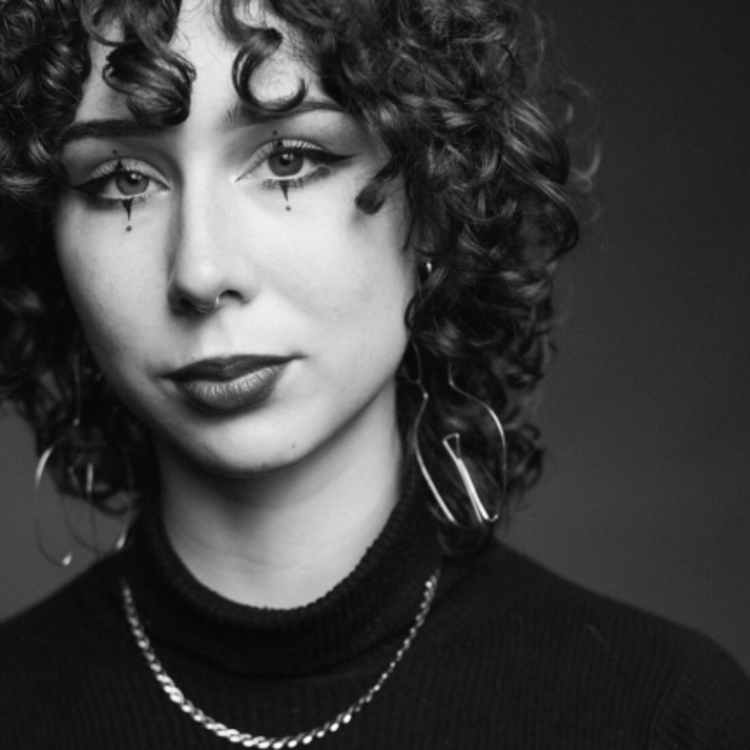
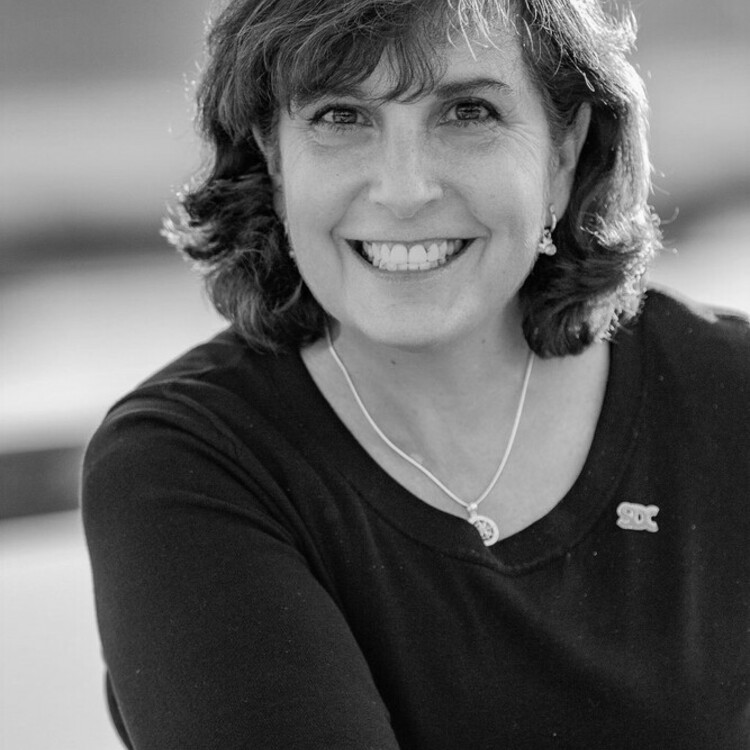
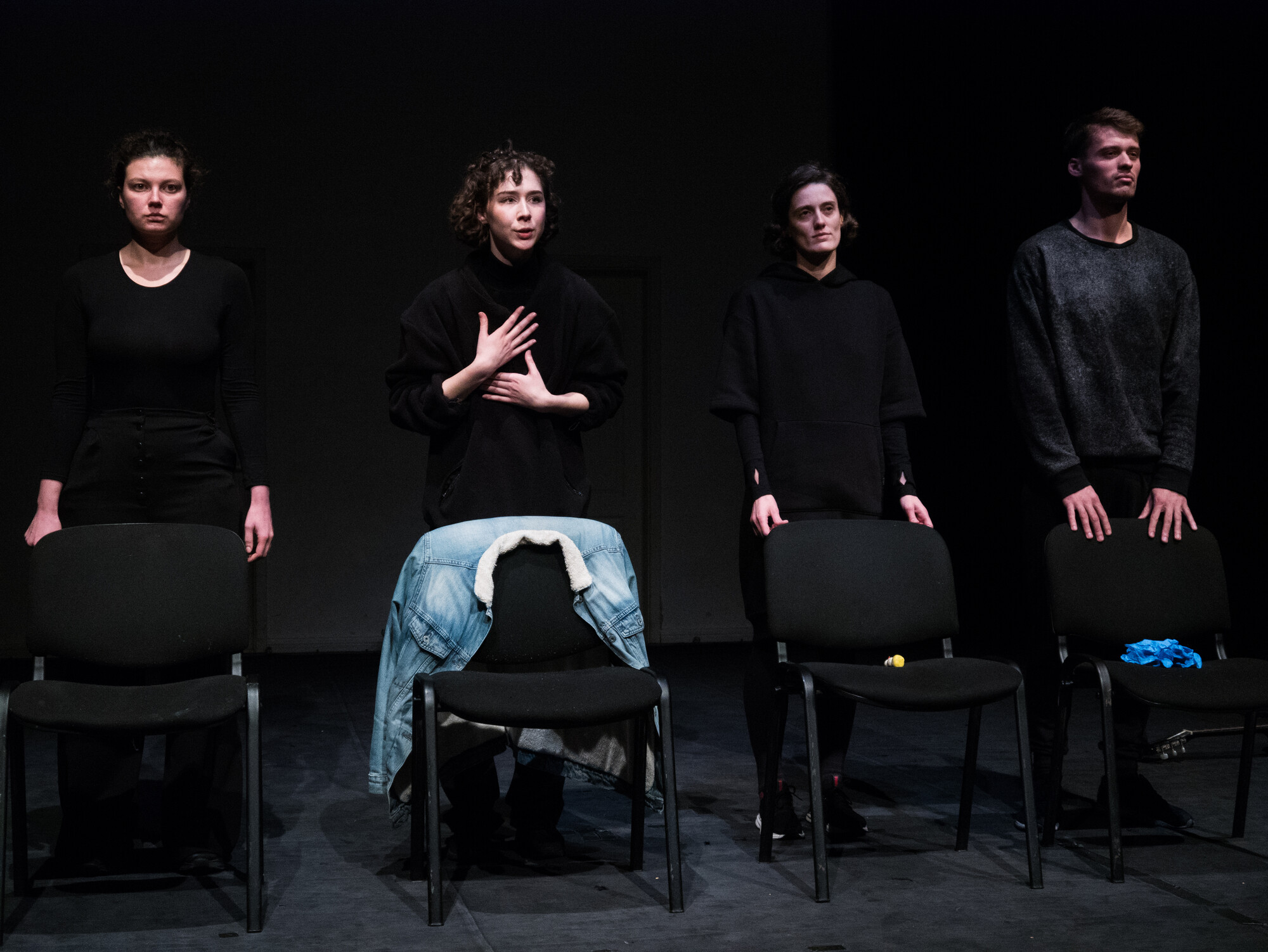
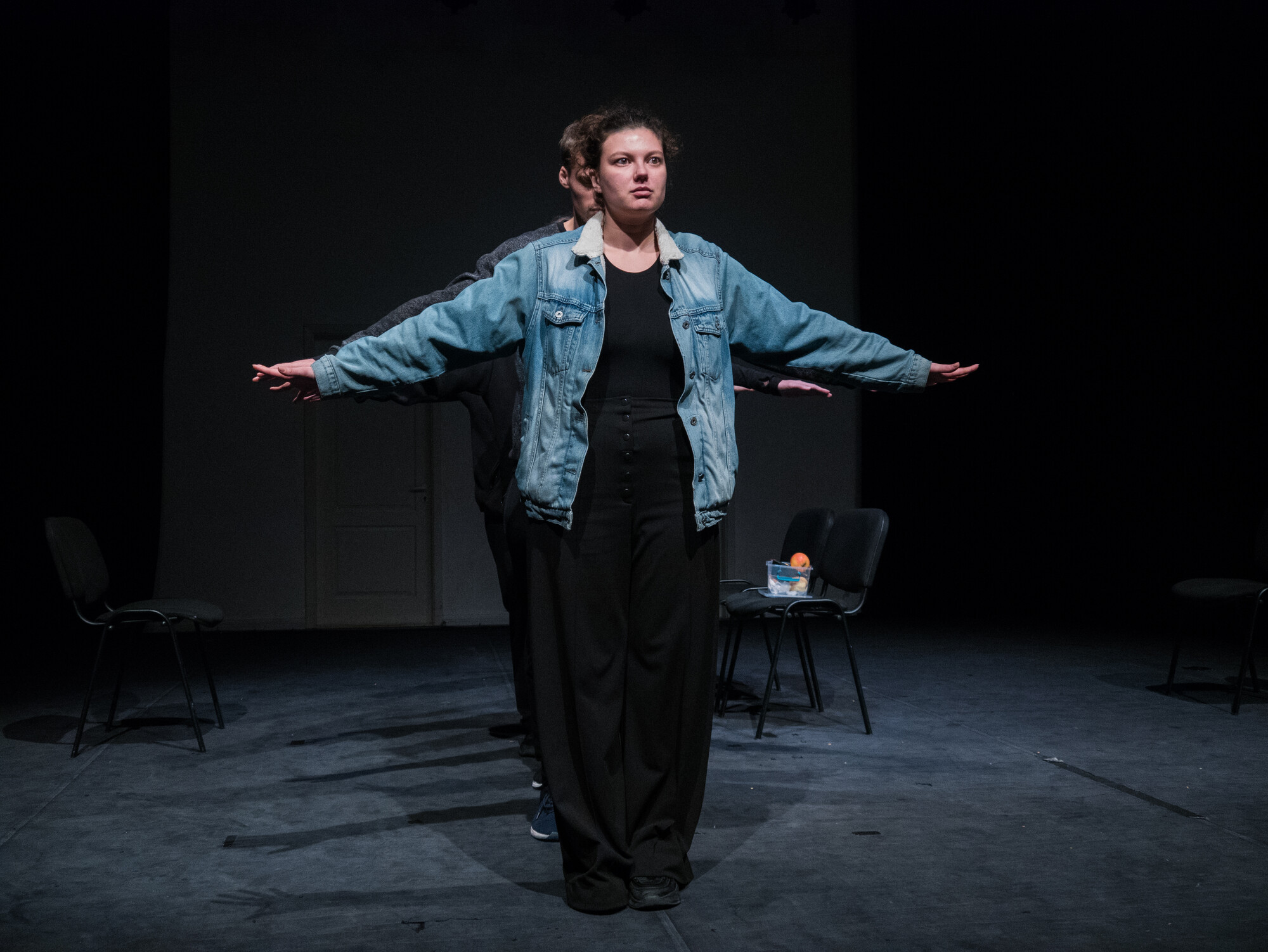
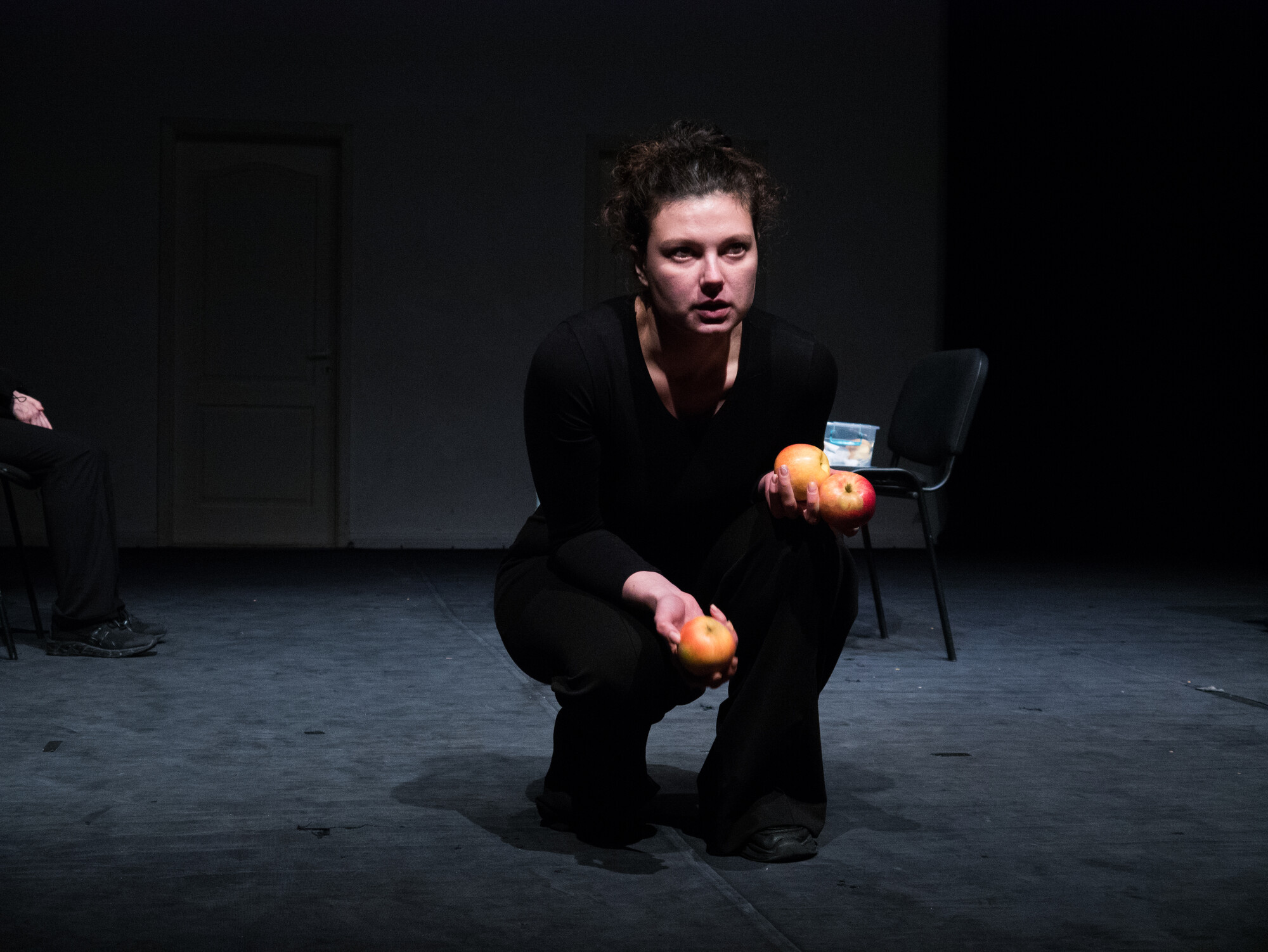
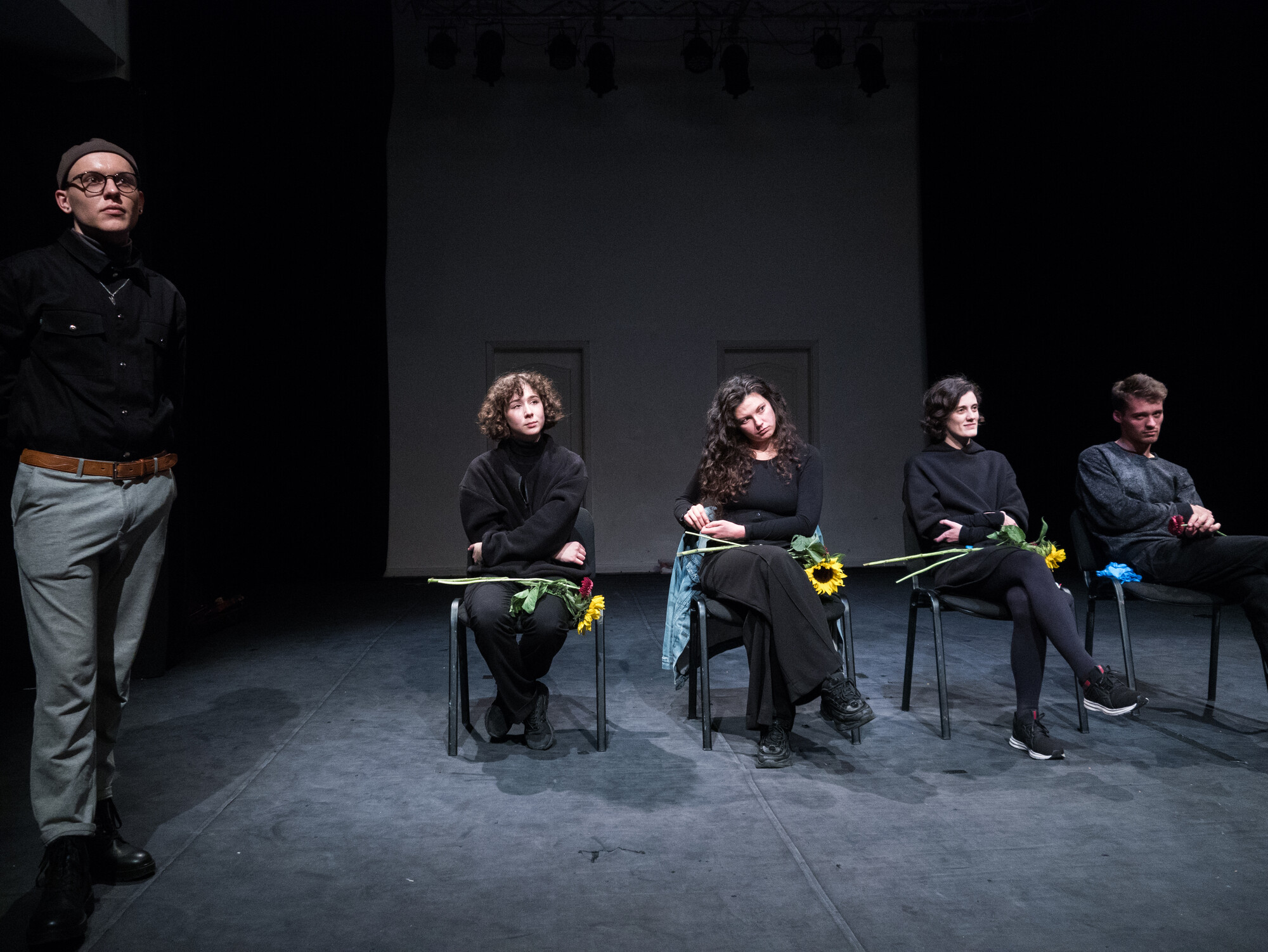
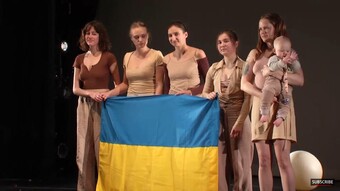

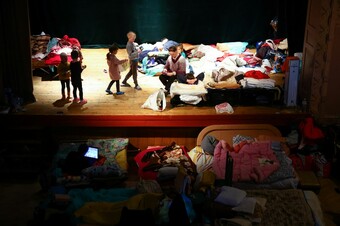

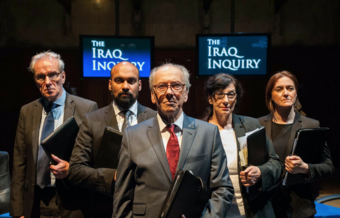



Comments
The article is just the start of the conversation—we want to know what you think about this subject, too! HowlRound is a space for knowledge-sharing, and we welcome spirited, thoughtful, and on-topic dialogue. Find our full comments policy here
Powerful work being done by ProEnglish Theater of Ukraine, amidst the horrors of war. I know well the impact which documentary theater has in telling important stories in the words of those affected during world events. I hope we can bring this unforgettable work to Boston and New York this year.